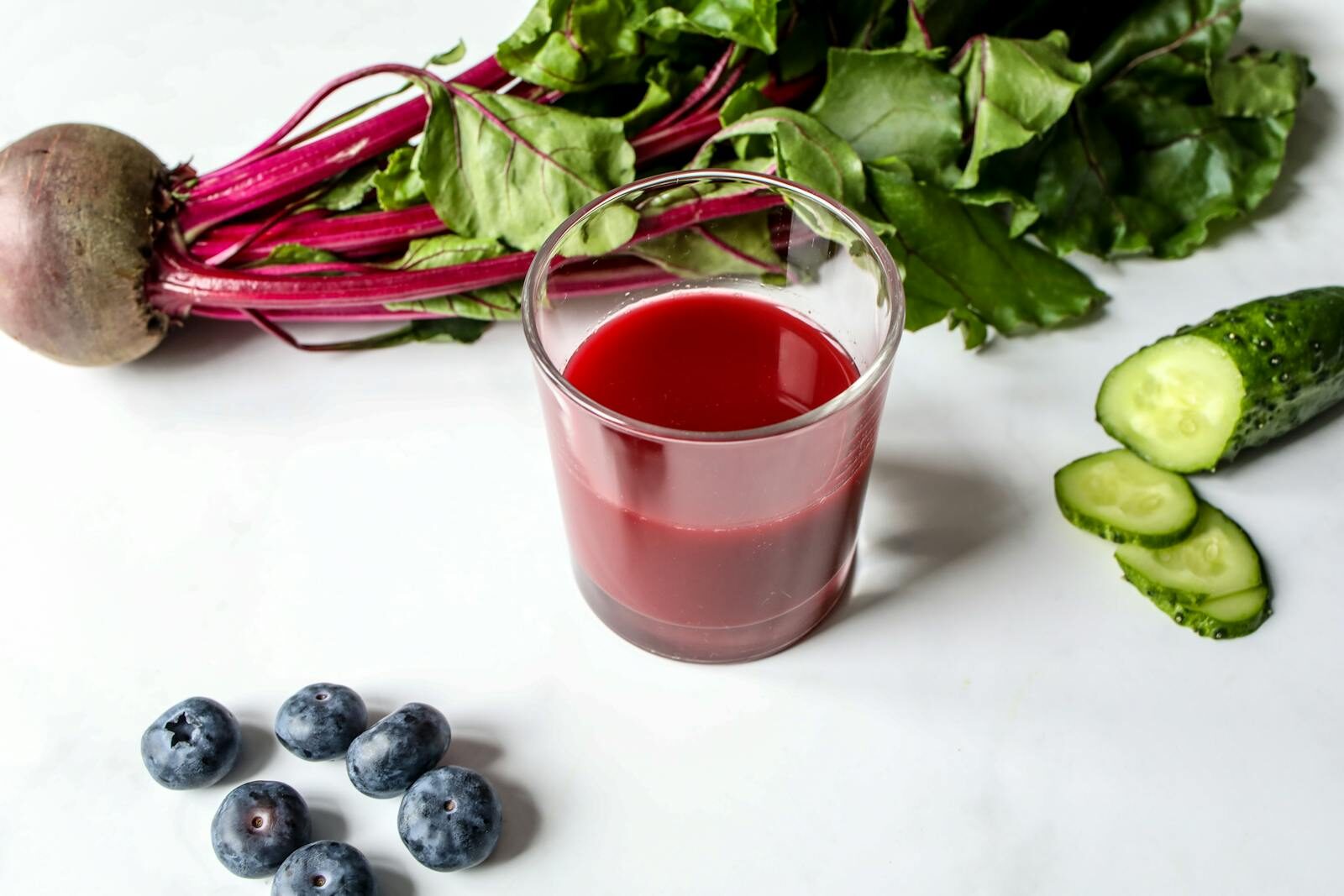
Why Mediterranean Diets REALLY Matter in Alzheimer’s
DIET VIDEO: An explosion of research on the Mediterranean Diet clearly associates it with less risk of getting Alzheimer’s and lower mortality for people who have Alzheimer’s. Get the facts.

DIET VIDEO: An explosion of research on the Mediterranean Diet clearly associates it with less risk of getting Alzheimer’s and lower mortality for people who have Alzheimer’s. Get the facts.

A groundbreaking study corrected the circadian disruptions seen in Alzheimer’s mice by using time-restricted feeding. This may improve sleep, sundowning, confusion and memory.

See the positive memory-impact of your caffeinated “morning routine”. Learn the real effects of coffee on the brain, from Johns Hopkins University.

SUGAR raises diabetes AND dementia risk. Will research into the hormone “amylin” reveal the reason why?

VIDEO + TRANSCRIPT: Cocoa’s flavanol phytonutrients, without sugar & fat, improve arterial function. They fight strokes and atherosclerosis, triggers of vascular dementia. So, is chocolate healthy? See Dr. Gregger tease out the research.

Mothers’ Day in the USA is May 12. Going out? Preparing a meal at home? Keep these tips in mind when hosting Mom with Alzheimer’s.

Turmeric, a main ingredient in curry, is the spice of choice in fighting and preventing dementia. It’s popular in India, which has one of the world’s lowest rates of dementia. Try this delicious curry-filled wrap.

DIET & NUTRITION: ADNI (Alzheimer’s Disease Neuroimaging Initiative) is a massive research project. ADNI showed fish oil supplements offer improvements in cognitive decline and brain atrophy. Learn how.

DIET VIDEO + ARTICLE: People over 85, with a cholesterol increase, showed less decline in cognition and thinking. Is there a good age to stop our statins and change diets?

QUICK HEALTH VIDEO: You CAN reduce risk of Alzheimer’s. Learn 4 ways to improve your brain and maintain long-term health. Numerous studies show you really can do something about dementia.

New early-onset Alzheimer’s data show that lecanemab can slow functional decline—even while tau continues to spread in the brain. The research helps explain how amyloid-lowering treatments may still preserve daily life, despite the disease’s complexity.

People with dementia who were consistently seen by the same General Practitioner (GP) are given fewer medicines and are less likely to be given medicines that can cause problems, according to researchers at University of Exeter. Learn more.

Amyloid is one of the leading culprits behind Alzheimer’s. Scientists know it damages memory by killing brain cells. Now research reveals how amyloid triggers memory loss in perfectly healthy brain cells as well. Learn more about how Alzheimer’s develops.

The protein BDNF builds synapses in the human brain, nurturing brain cells and fighting off dementia. While there is no artificial way of boosting it, social and cognitive activity can.

People may not have easy access to sophisticated, expensive dementia tests. A simple test from Einstein Medicine uses a stopwatch and a few questions to determine one’s risk of dementia. The potential payoff could be tremendous for individuals, their families and society.

Ketone-rich diets increase the SIRT3 protein that protects neurons from death during the progression of Alzheimer’s disease. But how does it work? Find out more.

People worry about becoming forgetful. Is it the first sign of Alzheimer’s or just the passing years? After all, forgetfulness is a normal part of aging. Check out these quick ways to tell the difference.
No spam, only news and updates.


